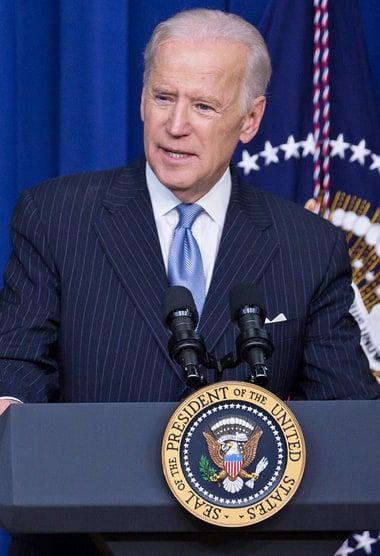President Joe Biden and top US congressional Republican Kevin McCarthy are displaying their commitment to reaching a timely deal to raise the federal government’s debt ceiling of $31.4 trillion and prevent a potentially catastrophic default. Following months of deadlock, the Democratic president and the House Speaker agreed to engage in direct negotiations to reach a resolution. Both chambers of Congress must pass an agreement before the federal government runs out of funds to meet its financial obligations, which could happen as early as June 1. Biden emphasized the urgency of the situation, stating that there is no alternative but to come together. He will be cutting short his trip to Asia to return to Washington on Sunday, although staff-level discussions will continue in his absence. The president clarified that the negotiation concerns the budget outlines rather than the question of whether the debts will be paid, noting that all congressional leaders have affirmed their commitment to avoiding a default.
Republicans, who hold a slim majority in the House, have been insisting on spending cuts as a condition for raising the debt limit. The debt ceiling must be raised periodically due to the government’s expenditure surpassing tax revenues. McCarthy expressed confidence that a deal could be reached by the time Biden returns from Asia, emphasizing his determination and perseverance. The format of negotiations has transitioned from a five-way conversation to a more streamlined two-way discussion between Biden and McCarthy. Prior to his return, Biden plans to hold a news conference in Hiroshima, Japan, during the Group of Seven summit.
Financial markets responded positively to the ongoing talks, with US stocks experiencing gains on Wednesday. However, economists warn that if an agreement is not reached, the US Treasury could exhaust its funds by June 1, potentially triggering a recession. Negotiators are aiming to finalize a deal before Biden’s scheduled return to Washington on Sunday, after which Congress would need to act swiftly to meet the impending deadline. McCarthy confirmed that the House would be the first to vote on any agreement before it is sent to the Senate, where Democrats hold a narrow majority. Senate rules would require the support of at least nine Republicans for the deal to be approved.


